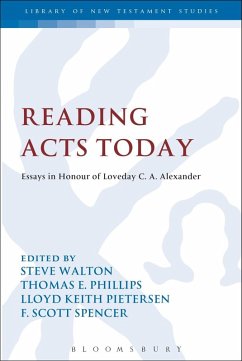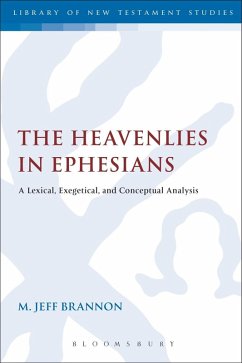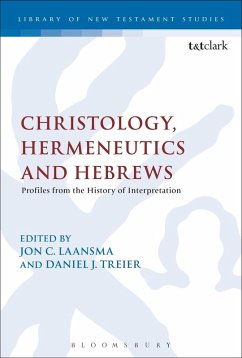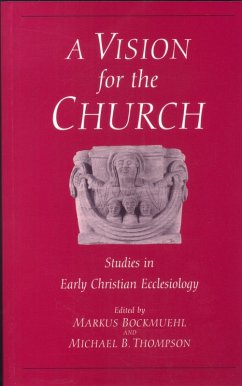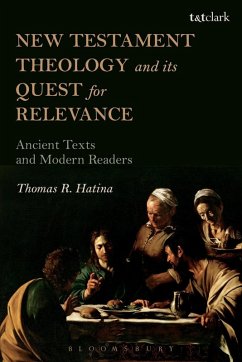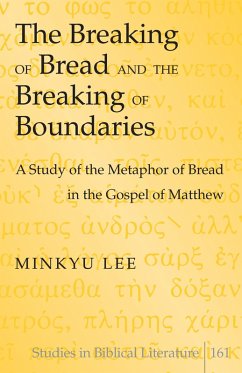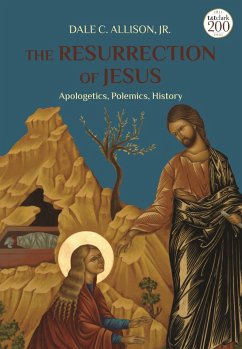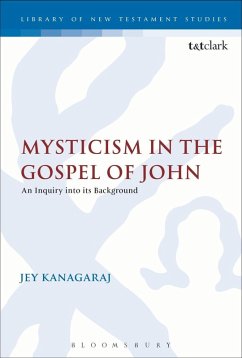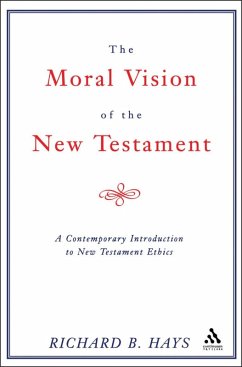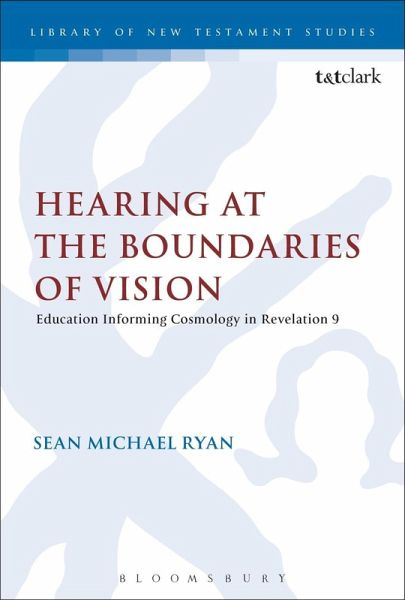
Hearing at the Boundaries of Vision (eBook, PDF)
Education Informing Cosmology in Revelation 9
Versandkostenfrei!
Sofort per Download lieferbar
31,95 €
inkl. MwSt.
Weitere Ausgaben:

PAYBACK Punkte
16 °P sammeln!
This study considers how a significant variable, namely level of literary education (enkuklios paideia), might affect an ancient hearer's interpretation of Revelation 9. This volume focuses on how two hypothetical ancient hearer-constructs, with very different "mental libraries", may interpret the rich cosmological imagery of Revelation 9. The first, ancient hearer-construct (HC1), the recipient of a minimal literary education, retains a Homeric cosmological model. The second ancient hearer-construct (HC2), by contrast, utilises a tertiary-level knowledge of Aratus and Plato to allegorically r...
This study considers how a significant variable, namely level of literary education (enkuklios paideia), might affect an ancient hearer's interpretation of Revelation 9. This volume focuses on how two hypothetical ancient hearer-constructs, with very different "mental libraries", may interpret the rich cosmological imagery of Revelation 9. The first, ancient hearer-construct (HC1), the recipient of a minimal literary education, retains a Homeric cosmological model. The second ancient hearer-construct (HC2), by contrast, utilises a tertiary-level knowledge of Aratus and Plato to allegorically reinterpret the cosmological imagery of Rev 9 (cf. 'Hippolytus', Refutatio IV.46-50). The volume concludes by critically comparing the hypothetical responses of HC1 and HC2 with the early reception of Revelation 9 by Victorinus, Tyconius and Oecumenius (3rd-6th century CE), attentive to the educational attainment of each commentator.




